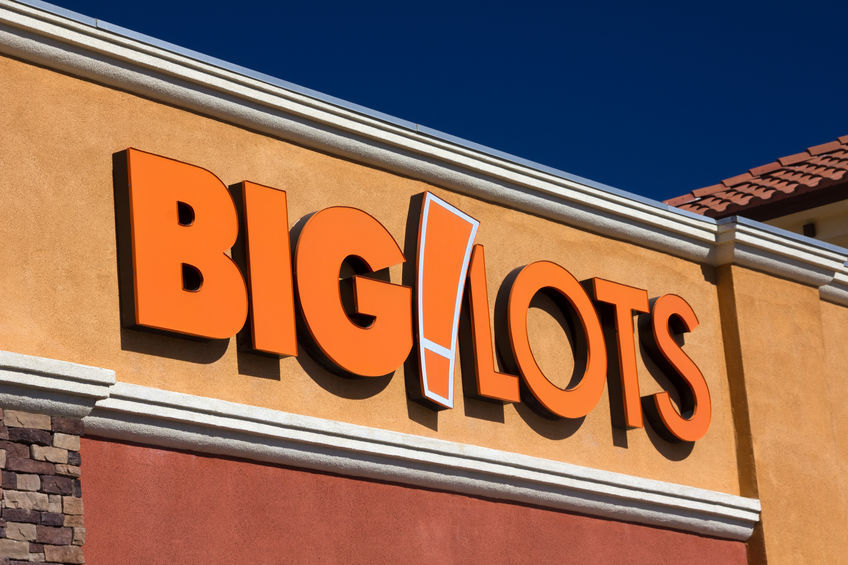Discount home goods retailer Big Lots has filed for Chapter 11 bankruptcy protection, citing high interest rates and a sluggish housing market that have dampened demand for its low-priced furniture and decor.
The filing comes as the company faces significant financial challenges, including declining sales and mounting debt.
Big Lots, which operates over 1,300 stores across 48 states, announced plans to sell its business to private equity firm Nexus Capital Management for $760 million.
The deal includes $2.5 million in cash, with the remainder consisting of Big Lots’ existing debt and liabilities, according to court documents.
As part of the bankruptcy process, Big Lots will continue operations but will close nearly 300 stores to cut costs and stabilize its balance sheet.
High inflation and interest rates hurt sales
Big Lots has struggled to maintain sales momentum following a pandemic-era surge in demand for home furnishings.
In fiscal 2023, the company generated approximately $4.7 billion in revenue, but sales have steadily declined as economic conditions worsened.
CEO Bruce Thorn attributed the downturn to high inflation, rising interest rates, and a sluggish housing market, all of which have hurt consumer spending on home goods—a core segment for the retailer.
“The actions we are taking today will enable us to move forward with new owners who believe in our business and provide financial stability,” said Thorn. “We will optimize our operational footprint, accelerate performance improvement, and deliver on our promise to be the leader in extreme value.”
Though discount retailers often perform well during economic downturns, Big Lots primarily cater to lower- and middle-income consumers.
These shoppers have reduced discretionary spending at a faster rate than wealthier consumers, putting additional pressure on the retailer in an already challenging economic environment.
Stiff competition compounded woes
Beyond macroeconomic factors, Big Lots faces stiff competition in the discount home goods sector.
Rivals such as Wayfair, Walmart, and TJX’s HomeGoods have captured market share, leaving Big Lots struggling to differentiate itself.
Neil Saunders, managing director of GlobalData, noted that Big Lots has had difficulty positioning itself as a value-for-money option in the crowded retail landscape.
Saunders highlighted,
“Big Lots is not always good value for money. Many of the items it sells are not high end and are not drastically expensive, but equivalents can often be found much cheaper at other stores, including Walmart.”
He also pointed out that the retailer’s product assortment is often “jumbled and muddled,” leading to an unsatisfactory shopping experience compared to other discount players.
Nexus Capital’s acquisition and potential auction
As part of the bankruptcy process, Big Lots will hold a court-supervised auction.
While Nexus Capital has agreed to purchase the retailer, the sale could go to another buyer if a higher bid emerges.
Nexus Capital remains optimistic about Big Lots’ future, with managing director Evan Glucoft stating, “We are excited to partner with Big Lots and help return this iconic brand to its status as America’s leading extreme value retailer.”
Big Lots has retained several advisory firms to guide it through the bankruptcy process.
Law firm Davis Polk & Wardwell, investment bank Guggenheim Securities, and advisory firm AlixPartners are advising the retailer, while A&G Real Estate Partners is acting as its real estate advisor.
Nexus Capital is represented by Kirkland & Ellis, a leading law firm specializing in corporate restructuring.
As Big Lots works to stabilize its finances and improve operations, the company remains committed to offering “extreme bargains” and delivering a positive shopping experience for its customers, both in-store and online.
However, the outcome of the bankruptcy process will determine the retailer’s long-term future in a highly competitive market.
The post Big Lots files for bankruptcy, agrees to $760 million acquisition by Nexus Capital appeared first on Invezz

